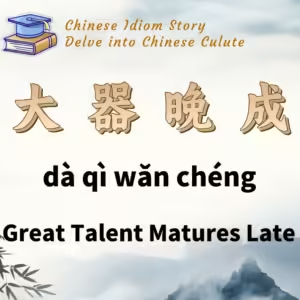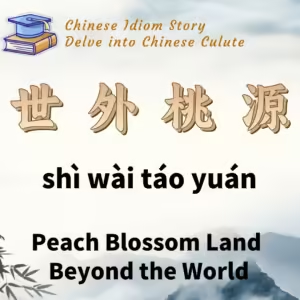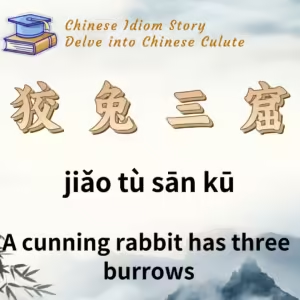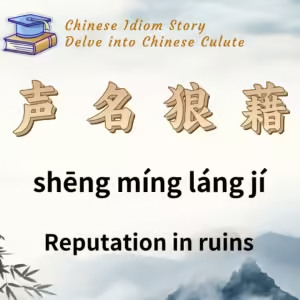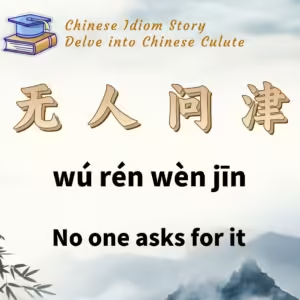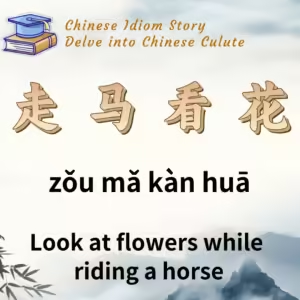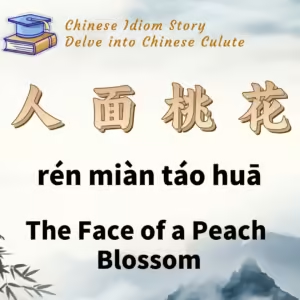
Chinese Idiom: 人面桃花 (Ren Mian Tao Hua)
English Translation: The Face of a Peach Blossom
pīn yīn: rén miàn táo huā
Idiom Meaning: Refers to the beautiful face of a young woman, or to a woman one admires but can no longer meet, evoking a sense of longing and melancholy.
Historical Source: “The Book of Emotions” by Meng Xing from the Tang Dynasty
Idiom Story: During the early years of Emperor Dezong’s reign in the Tang Dynasty, Cui Hu, a scholar from Boling (modern-day Dingzhou, Hebei), traveled to the capital, Chang’an, to take the imperial examination. Failing to succeed, he felt disheartened and decided to take a solitary stroll during the Qingming Festival to lift his spirits.
As he wandered through the picturesque landscape of blooming peach trees and flowing streams, Cui Hu lost track of time and found himself at a secluded house surrounded by vibrant flowers. Thirsty, he knocked on the door for water and was greeted by a young woman named Tao Xiaochun. Standing beneath the blooming peach blossoms, she was graceful and welcoming, her beauty and the flowers creating a striking contrast that captivated Cui Hu.
Both Cui Hu and Tao Xiaochun were deeply moved by their encounter and thought of each other often. The following year, on the same festival, Cui Hu returned to the house, eager to see Tao Xiaochun again, only to find it locked and deserted. The peach blossoms still bloomed as if mocking his sense of loss.
In his sorrow, Cui Hu wrote a poem on the door:
“In March last year, beneath this door, The face and peach blossoms were red. Now the face is gone, who knows where, Yet the peach blossoms still smile at the spring breeze.”
This poignant poem, reflecting his genuine feelings and the vivid imagery of the peach blossoms and the woman’s face, became widely admired and passed down through the ages.
The story of Cui Hu and Tao Xiaochun gained a touching conclusion. Later, Cui Hu visited the house again, only to find that Tao Xiaochun had passed away, mourning over the poem that had so deeply affected her. Moved by the story, Cui Hu wept and pleaded to see her one last time. When he arrived at her bedside, his presence revived her, and she eventually recovered from her grief. They married, and their story became celebrated in literature and drama.
The idiom “The Face of a Peach Blossom” thus came to symbolize both the beauty of a loved one and the poignant feelings of separation and longing.

